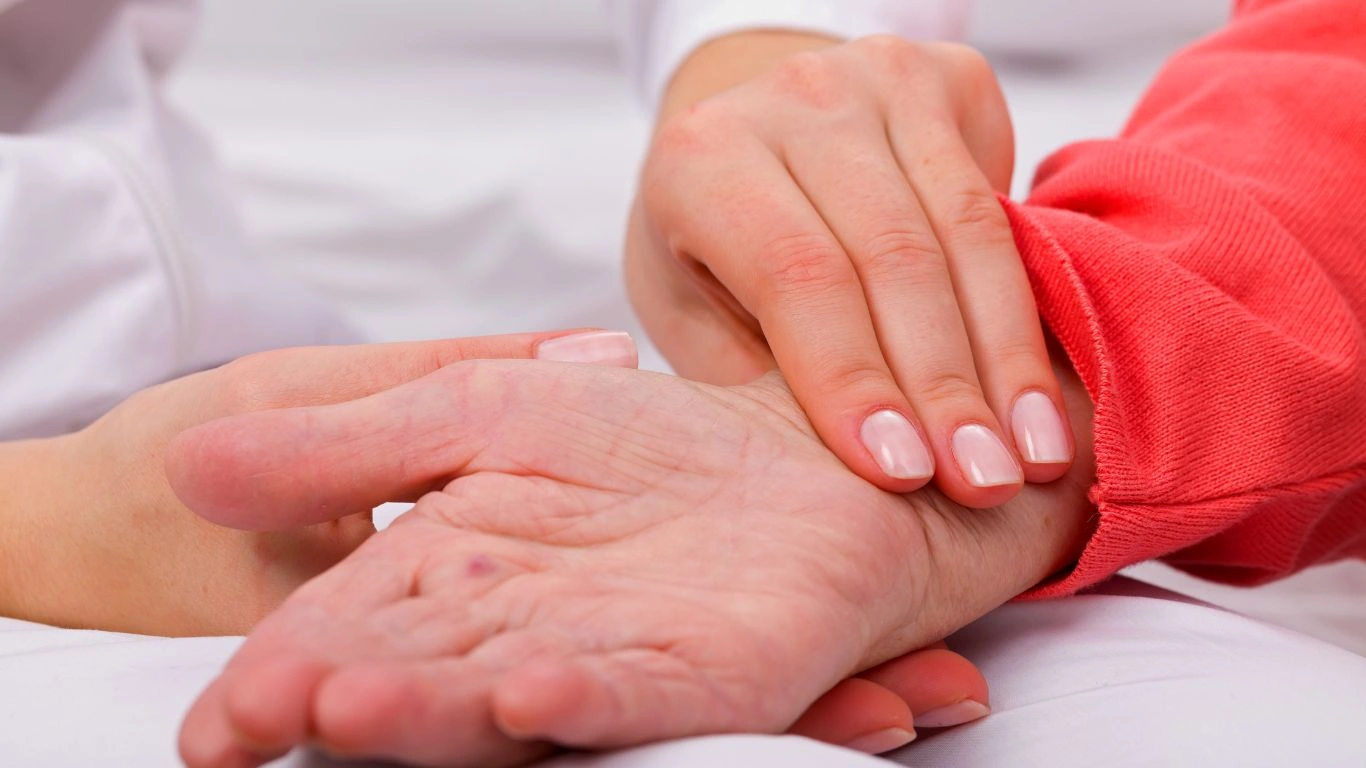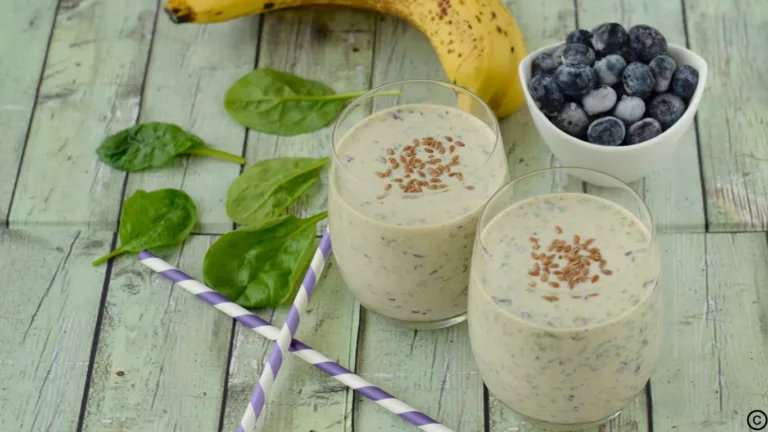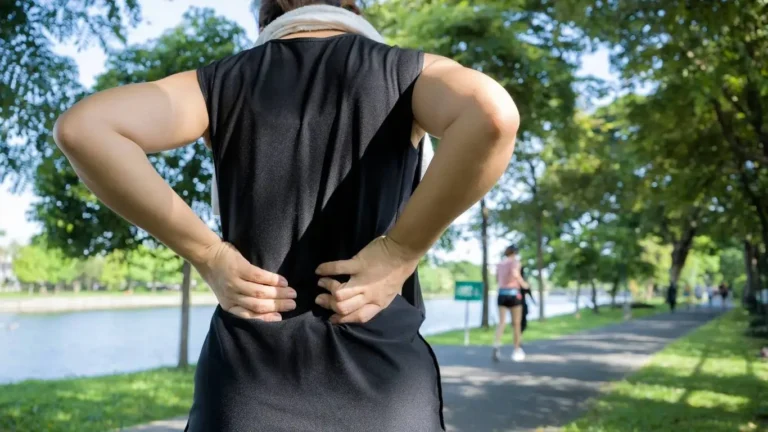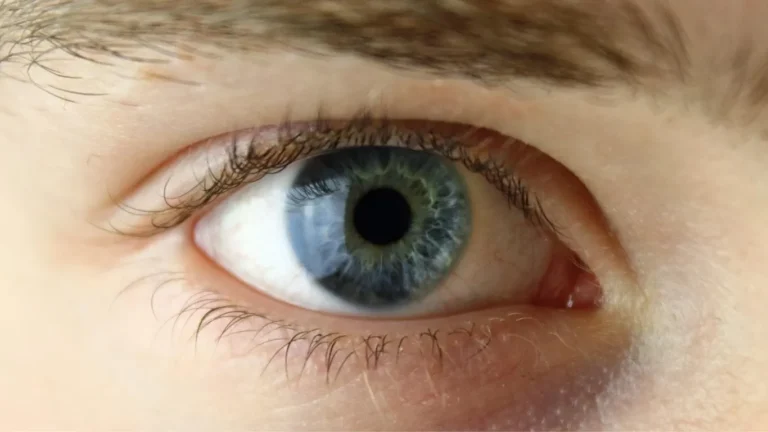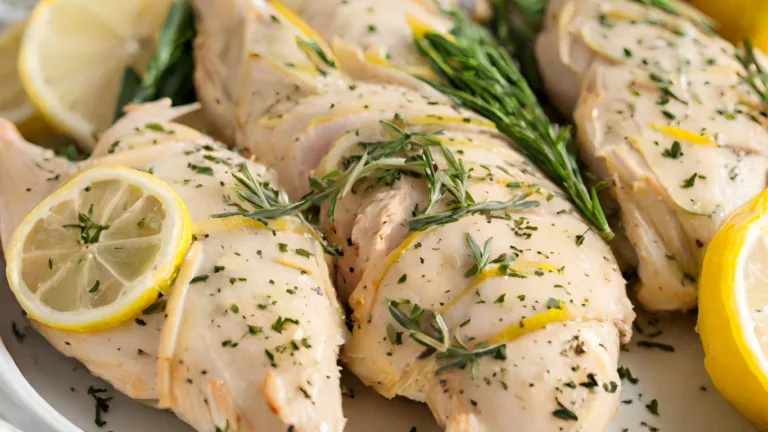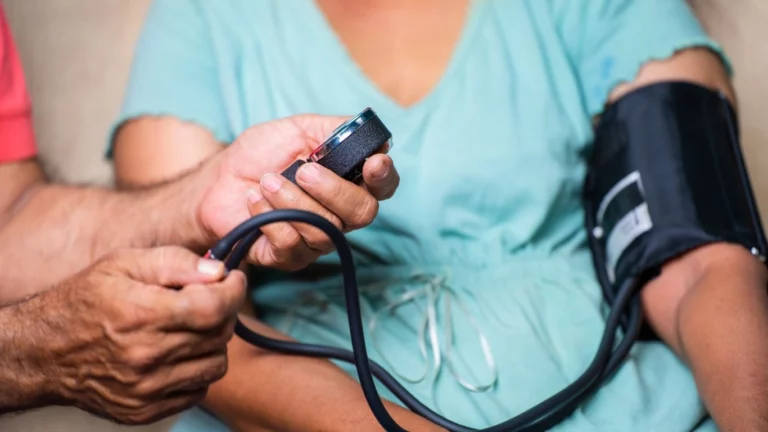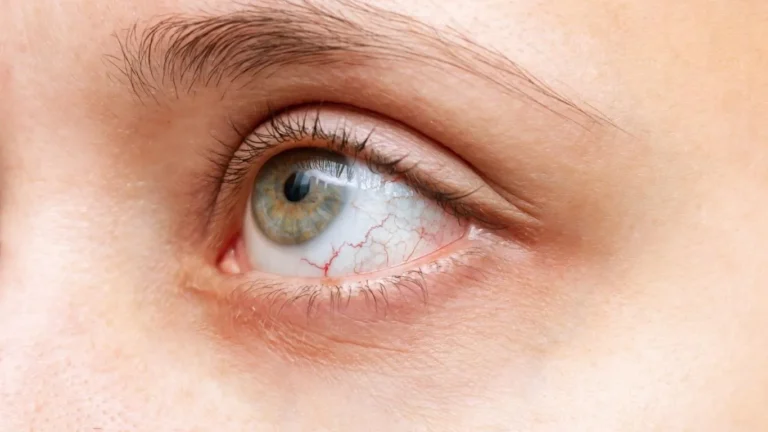Natural Remedies for Medication-Resistant Hypertension: 9 Effective Solutions
High blood pressure, or hypertension, is a silent killer that affects millions of people worldwide. As someone who has spent years working with patients battling this condition, I’ve seen firsthand how frustrating it can be when traditional treatments don’t seem to work. This is especially true for those dealing with medication-resistant hypertension—when the usual pharmaceutical interventions just don’t cut it. If you’re in this boat, you’re probably wondering if there’s any hope for managing your blood pressure without relying solely on medications. Well, there is! In this post, we’ll dive into some natural remedies that could help control your hypertension and give you a fighting chance against this condition.
Understanding Medication-Resistant Hypertension
Before we dive into the natural remedies, it’s essential to understand what medication-resistant hypertension is and why it happens. Essentially, medication-resistant hypertension is when your blood pressure remains high despite the use of multiple antihypertensive medications. It’s frustrating and can make you feel like you’re out of options. But rest assured, this doesn’t mean you’re doomed to a life of pills and doctor visits. Often, lifestyle factors like diet, stress, sleep, and exercise play a huge role in the development and management of hypertension, and by tackling these head-on, you can see improvements.
What Causes Medication-Resistant Hypertension?
There are a number of factors that can contribute to high blood pressure that’s resistant to medication. Some of the most common include:
- Obesity – Carrying excess weight increases the strain on your heart and raises blood pressure.
- Chronic kidney disease – Kidney problems can disrupt your body’s ability to regulate fluid and sodium balance, leading to higher blood pressure.
- High sodium intake – Eating too much salt can cause the body to retain more fluid, which increases blood pressure.
- Sleep apnea – Poor sleep quality, particularly from sleep apnea, can contribute to high blood pressure.
- Excessive alcohol consumption – Drinking too much alcohol regularly can lead to an increase in blood pressure.
As you can see, many of these factors can be influenced by lifestyle changes, and some of them—such as weight loss or reducing alcohol intake—can bring significant improvements to your health and your blood pressure levels.
Natural Remedies for Medication-Resistant Hypertension

Now, let’s get into the meat of this post. If you’re dealing with medication-resistant hypertension, there are several natural remedies you can try to help get your blood pressure under control. Remember, while these remedies are effective, they should be considered as part of a broader health strategy, and you should always consult with your doctor before making any significant changes to your treatment plan.
1. Incorporate Potassium-Rich Foods
Potassium is an essential mineral that helps balance the effects of sodium in your body. It works by easing the tension in your blood vessel walls, which helps reduce blood pressure. The challenge is that many of us don’t get enough potassium in our diets. So, what can you eat to boost your potassium intake?
- Bananas – These are an obvious choice, but they’re also incredibly convenient and packed with potassium.
- Sweet potatoes – Rich in potassium and fiber, sweet potatoes are a great option to add to your diet.
- Spinach – A great leafy green that’s full of potassium, along with a host of other nutrients.
- Beans – Black beans, kidney beans, and lentils are not only high in potassium but also provide a great plant-based protein source.
Adding more of these potassium-rich foods to your diet can have a meaningful impact on your blood pressure over time.
2. Reduce Sodium Intake
If you’ve heard it once, you’ve heard it a thousand times: reducing your sodium intake is crucial for managing high blood pressure. But did you know that even a small reduction in sodium can make a significant difference? The typical American diet is overloaded with sodium, mainly from processed foods, restaurant meals, and snacks.
To combat this, start reading labels and cutting back on processed foods. Try swapping salty snacks for healthier options like nuts or seeds. You’ll be surprised at how much your taste buds adjust over time. You may also want to use more fresh herbs and spices in place of salt to season your meals.
3. Increase Your Physical Activity
One of the most powerful, yet often overlooked, ways to combat medication-resistant hypertension is through regular exercise. I get it; it’s not always easy to get motivated, especially if you’re juggling a busy schedule or dealing with physical limitations. But even moderate exercise—like walking, swimming, or cycling—can have profound benefits for your blood pressure.
In fact, just 30 minutes of physical activity most days of the week can help lower your blood pressure by several points. Exercise helps your heart become stronger, which means it can pump blood more efficiently, thereby reducing the strain on your arteries and lowering your blood pressure. It’s a win-win!
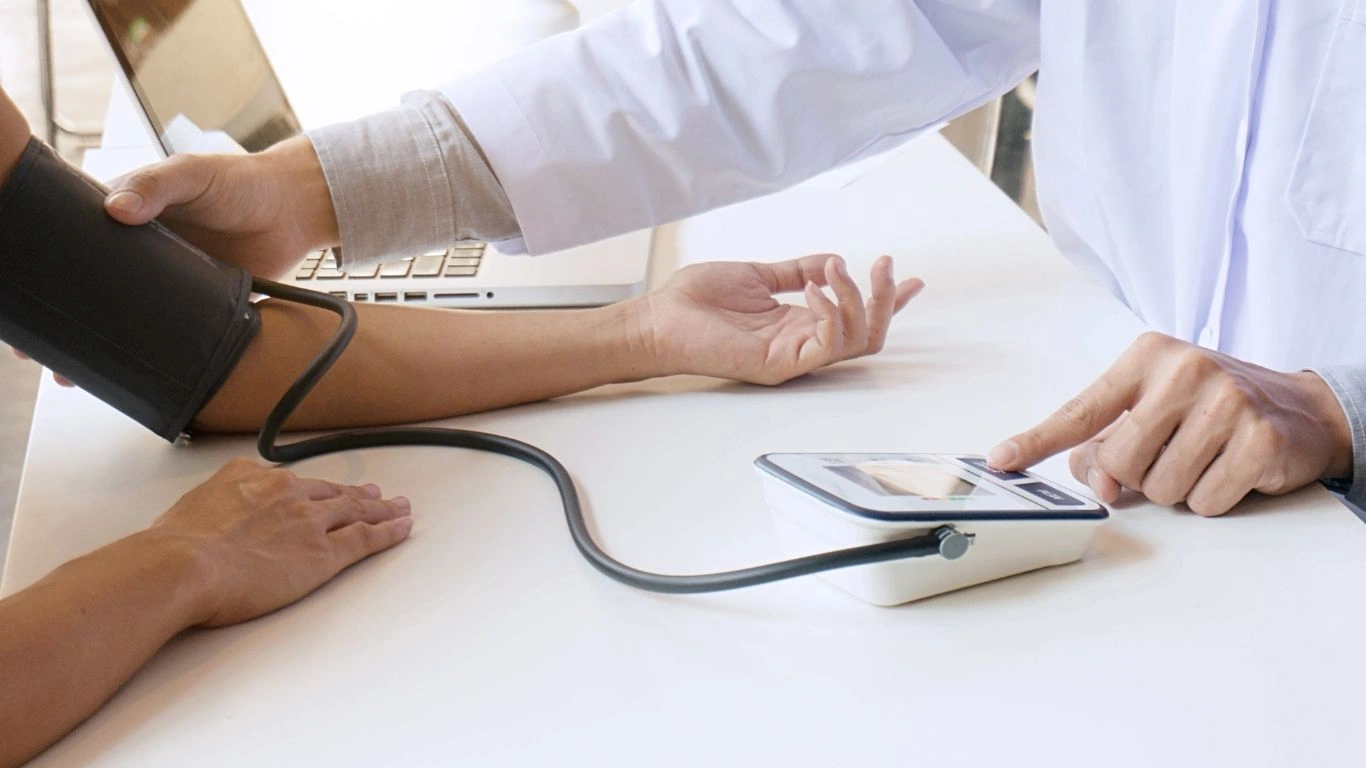
4. Manage Stress with Mindfulness and Relaxation Techniques
Let’s face it—life can be stressful. And stress is a known contributor to high blood pressure. Chronic stress can lead to the release of hormones that temporarily raise blood pressure, and over time, this can contribute to hypertension. So, how can you manage stress effectively?
- Meditation – Taking just a few minutes each day to practice deep breathing or meditation can significantly reduce stress levels.
- Yoga – Yoga combines physical movement with mindfulness, making it an excellent way to relax and reduce blood pressure.
- Progressive muscle relaxation – This involves tensing and then relaxing different muscle groups in your body to reduce tension and promote relaxation.
By incorporating relaxation techniques into your daily routine, you can help keep stress at bay and, in turn, help control your blood pressure.

What’s Next?
In the next part of this post, we’ll continue exploring additional natural remedies for medication-resistant hypertension. But for now, I encourage you to start by taking small, manageable steps toward improving your lifestyle. These changes might feel small at first, but over time, they can lead to real, lasting improvements in your blood pressure and overall health.
5. Embrace the Power of Magnesium
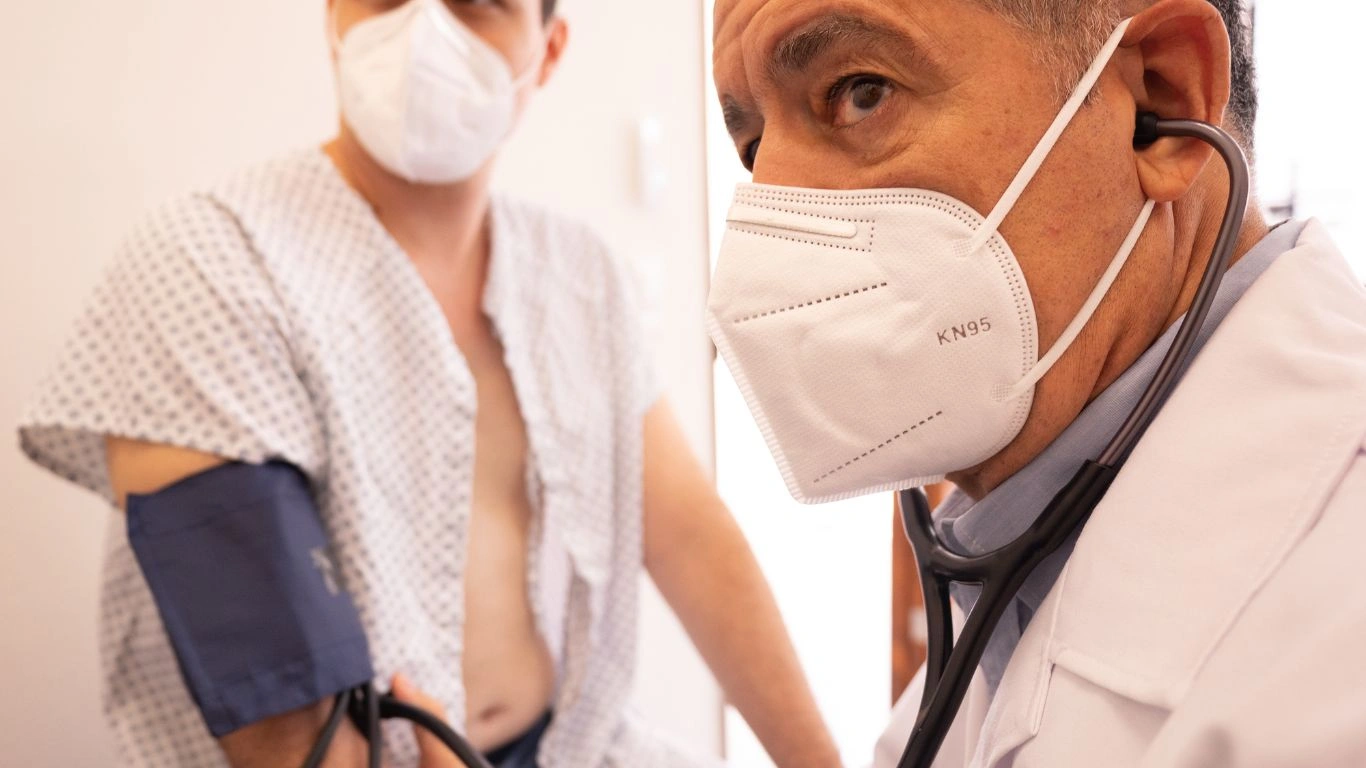
If you’re not already paying attention to magnesium, it’s time to start. Magnesium is a vital mineral that plays a key role in muscle function, nerve transmission, and—believe it or not—blood pressure regulation. Many people don’t realize that magnesium deficiency is common, and when you’re not getting enough of it, your blood pressure can rise.
Studies have shown that magnesium supplementation can lower both systolic and diastolic blood pressure, particularly in people with hypertension. Of course, you can get magnesium from foods like leafy greens, almonds, seeds, and legumes. But for some people, taking a supplement might be the most effective way to ensure they’re getting enough magnesium to support heart health.
I always tell my patients to check with their doctor before adding any new supplements, but magnesium is generally considered safe. If you’re prone to muscle cramps or have difficulty relaxing, magnesium could be your new best friend in managing your blood pressure.
6. Herbal Remedies to Lower Blood Pressure
Nature has provided us with some amazing herbs that can help lower blood pressure, and in my experience, many of these can be surprisingly effective. While herbs should never replace prescription medications without medical supervision, they can make a great complement to your treatment plan. Here are a few worth considering:
- Garlic – Garlic has long been recognized for its heart-health benefits, including its ability to reduce blood pressure. Studies suggest that garlic may help relax blood vessels and improve blood flow, which can help lower hypertension.
- Hibiscus – Hibiscus tea is one of my favorites. Research shows that it can reduce both systolic and diastolic blood pressure. It’s a refreshing and tasty way to get some extra heart-healthy benefits.
- Hawthorn – Hawthorn is a powerful herb that’s often used to improve cardiovascular health. It can help dilate blood vessels and improve circulation, which may lower blood pressure.
- Olive leaf extract – Olive leaf extract has been shown to reduce blood pressure by improving blood vessel function and reducing inflammation.
Many of these herbs can be found in teas, capsules, or tinctures. But as always, it’s crucial to talk to your doctor before trying any new herb, especially if you’re on medication, as some herbs can interact with pharmaceuticals.
7. Mind Your Sleep Hygiene
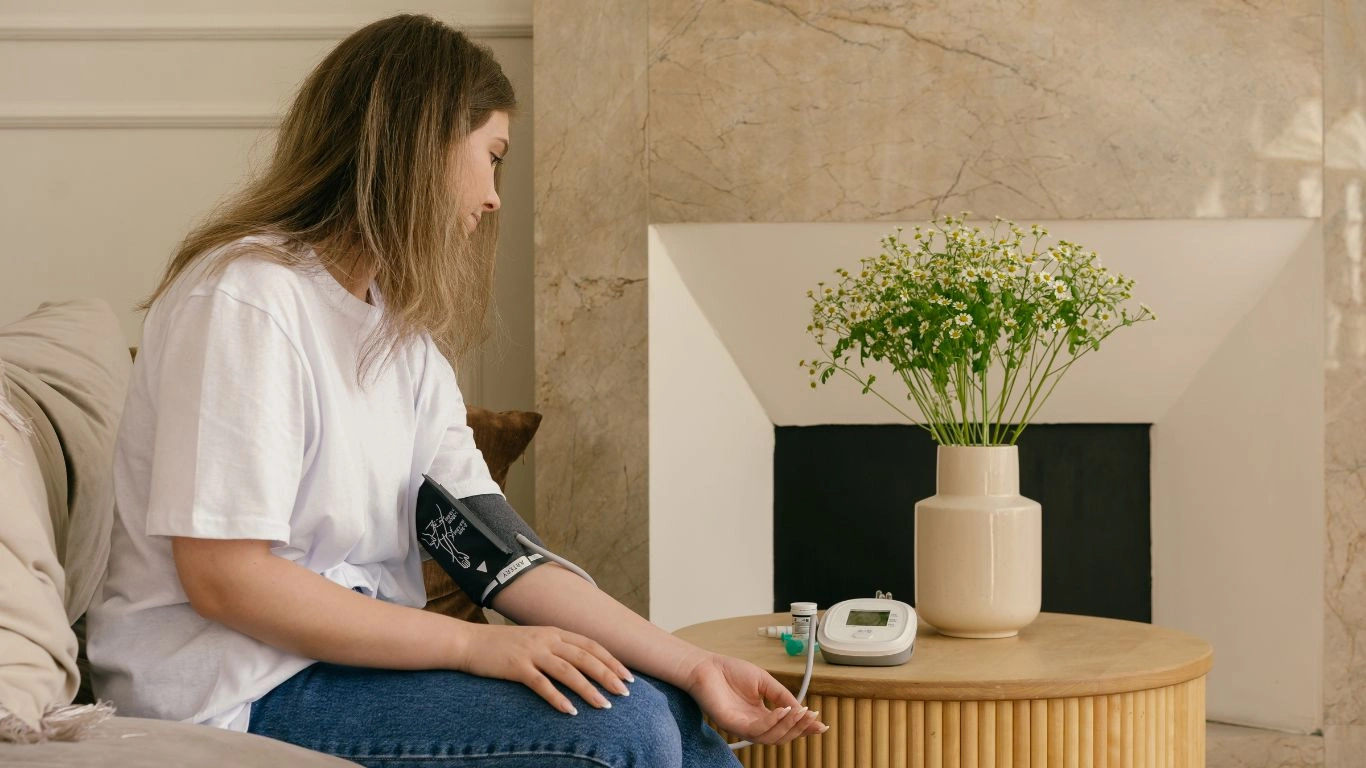
How well are you sleeping? Seriously, your sleep habits could be playing a significant role in your hypertension. Poor sleep, especially if you’re suffering from sleep apnea or simply aren’t getting enough hours of quality rest, can wreak havoc on your blood pressure.
Sleep is when your body repairs itself, restores energy, and regulates hormone levels. When sleep is disrupted, it increases the production of stress hormones, like cortisol, which can elevate your blood pressure. Not to mention, poor sleep is often linked to conditions like obesity, which further exacerbate hypertension.
I’ve seen patients make massive improvements simply by focusing on their sleep hygiene. Here are a few tips to help you sleep better:
- Stick to a regular sleep schedule – Try to go to bed and wake up at the same time every day, even on weekends.
- Avoid caffeine and alcohol before bed – Both can interfere with your sleep cycles and increase blood pressure.
- Create a relaxing bedtime routine – Think of reading a book, taking a warm bath, or practicing deep breathing exercises.
- Keep your bedroom cool, dark, and quiet – A calm environment can help you drift off into a deep, restorative sleep.
Trust me, improving your sleep is one of the easiest ways to get your blood pressure under control naturally. If you’re struggling, consider talking to a sleep specialist about possible conditions like sleep apnea, which could be contributing to your hypertension.
8. The Role of Omega-3 Fatty Acids
Omega-3 fatty acids are essential fats that our bodies cannot produce on their own, so we have to get them through our diet. These healthy fats are found in foods like fatty fish, flaxseeds, and walnuts, and they have some powerful benefits for your heart.
Research shows that omega-3 fatty acids can help lower blood pressure by improving blood vessel function and reducing inflammation. They also help reduce the risk of heart disease, which is often a concern for people with hypertension. In my practice, I encourage patients to increase their omega-3 intake, especially if they’re dealing with medication-resistant hypertension.
To boost your omega-3s, try incorporating more of the following into your meals:
- Salmon – Rich in omega-3s, it’s one of the best sources of these heart-healthy fats.
- Chia seeds – An easy addition to smoothies or oatmeal.
- Walnuts – Great as a snack or added to salads.
- Flaxseeds – Try sprinkling them on your yogurt or blending them into your morning smoothie.
If you’re not a fan of fish or can’t get enough omega-3s from your diet, supplements are also an option. Just make sure to choose high-quality fish oil supplements with a high concentration of EPA and DHA, the two most beneficial types of omega-3s for blood pressure.
9. Acupuncture and Acupressure

Acupuncture might sound like an unusual treatment, but hear me out. This traditional Chinese medicine practice has been used for thousands of years to treat a variety of conditions, including hypertension. Research has shown that acupuncture can help lower blood pressure by stimulating certain points in the body that influence blood flow and circulation.
If you’re open to alternative treatments, acupuncture might be worth exploring. I’ve had patients who experienced noticeable improvements in their blood pressure after a few sessions. However, it’s important to find a licensed and experienced acupuncturist, so you’re getting the proper care.
Acupressure, a similar technique where pressure is applied to specific points on the body (without needles), can also be effective in managing hypertension. Some people find that incorporating acupressure into their daily routine helps them feel more relaxed and centered, which can naturally lower their blood pressure over time.
Keep Moving Forward
At this point, you’ve got a solid foundation of natural remedies that could potentially help you manage medication-resistant hypertension. Of course, these remedies should always be used in conjunction with advice from your healthcare provider. And don’t forget—these changes take time. It’s about making small, consistent adjustments to your lifestyle that add up in the long run.
10. The Power of a DASH Diet
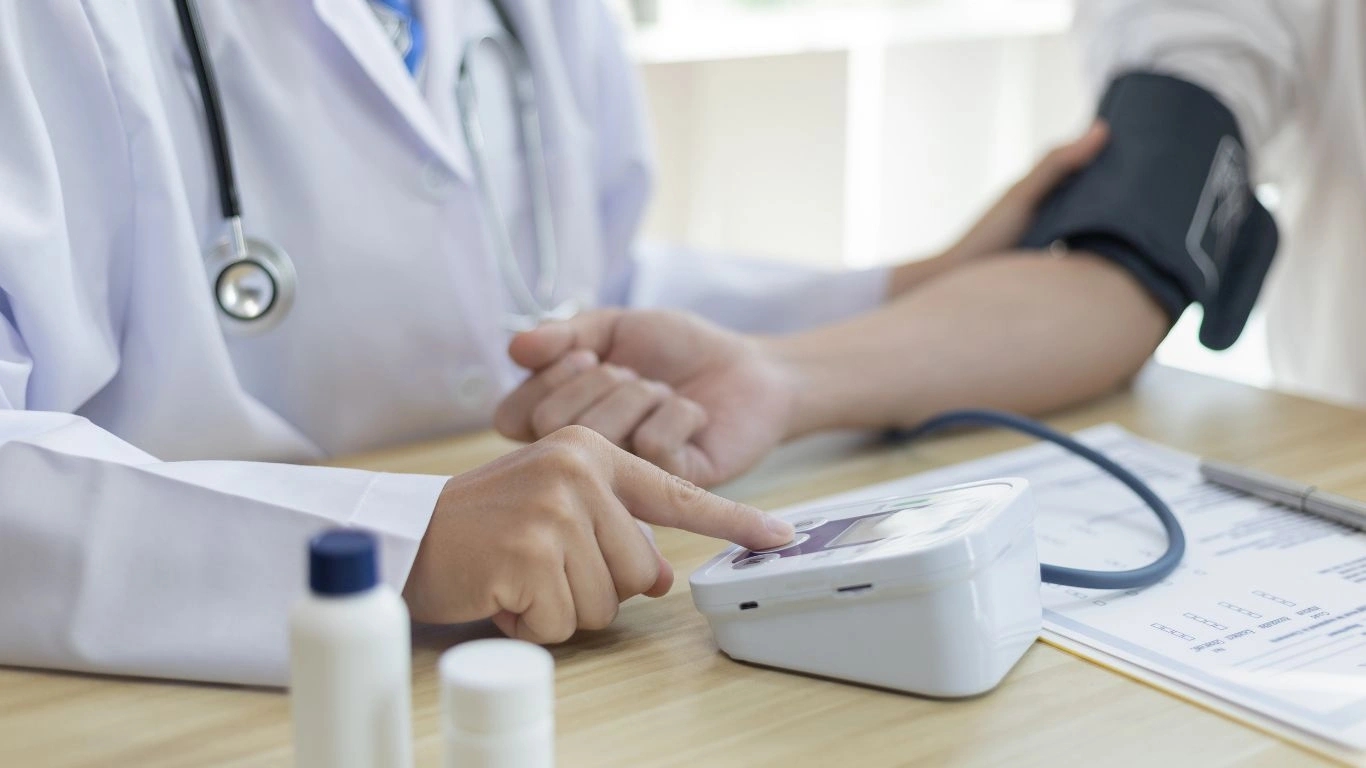
If you’ve been reading up on hypertension and natural remedies, you’ve probably heard about the DASH diet—Dietary Approaches to Stop Hypertension. This eating plan is specifically designed to lower blood pressure, and it’s one of the most well-researched approaches for managing hypertension naturally. I’ve recommended the DASH diet to many of my patients, and many have seen significant improvements in their blood pressure levels.
The DASH diet is rich in fruits, vegetables, whole grains, lean proteins, and low-fat dairy, while minimizing saturated fats, sweets, and sodium. One of the key features of the DASH diet is its emphasis on potassium, magnesium, and calcium, which play vital roles in regulating blood pressure. Plus, the diet is high in fiber, which is beneficial for both heart health and overall well-being.
What makes the DASH diet so effective for hypertension? It’s simple: it focuses on nutrient-dense foods that support heart health. The diet works by reducing the amount of sodium you consume and providing your body with the essential nutrients it needs to help lower blood pressure. I’ve seen people make the transition to this diet and notice a drop in their blood pressure in just a few weeks. It’s a win-win for both short-term and long-term heart health.
If you’re not sure where to start, here are some simple tips for incorporating the DASH diet into your daily life:
- Focus on fruits and vegetables – Aim to fill half your plate with these healthy foods at every meal.
- Choose whole grains – Swap out refined grains for whole grains like brown rice, quinoa, and whole wheat bread.
- Go for lean protein – Incorporate lean meats like chicken or turkey, or opt for plant-based protein sources like beans and lentils.
- Limit processed foods – Most processed foods are high in sodium and unhealthy fats, which can exacerbate hypertension.
With the DASH diet, you’re not only managing your blood pressure, but you’re also setting yourself up for better overall health. And when combined with other natural remedies, the results can be remarkable.
11. Stay Hydrated
It might sound simple, but staying hydrated is incredibly important for blood pressure management. I can’t stress this enough—adequate water intake helps maintain the balance of fluids in your body, which is critical for keeping blood pressure in check.
When your body is dehydrated, it triggers an increase in sodium retention, which can raise blood pressure. Additionally, dehydration can lead to the constriction of blood vessels, further raising your pressure. On the other hand, staying well-hydrated helps your blood vessels stay relaxed and supports kidney function, which is essential for managing your blood pressure.
For most people, aiming for 8–10 cups of water a day is a good goal. But if you’re more active or live in a hot climate, you might need more. Keep an eye on the color of your urine (light yellow is ideal), and adjust your intake accordingly. And remember—drinks like caffeinated beverages or alcohol can contribute to dehydration, so they shouldn’t be your primary source of fluid.
12. Quit Smoking
If you’re a smoker, now is the time to quit. Smoking is one of the most detrimental habits when it comes to heart health and blood pressure. The chemicals in cigarette smoke cause your blood vessels to constrict, raising your blood pressure immediately after you smoke. Over time, this damage accumulates, contributing to long-term hypertension and other cardiovascular problems.
I’ve seen patients who have experienced an immediate improvement in their blood pressure after quitting smoking. It’s not easy, but there are numerous resources and support systems available to help you break the habit. Whether it’s nicotine patches, gum, or counseling, quitting smoking will not only lower your blood pressure but also improve your overall health and longevity.
And for those of you who are wondering, yes—quitting smoking can be hard. It’s one of the most addictive habits, but with the right support, it’s completely achievable. If you’re serious about getting your blood pressure under control, quitting smoking should be at the top of your to-do list.
13. Consider the Role of Supplements
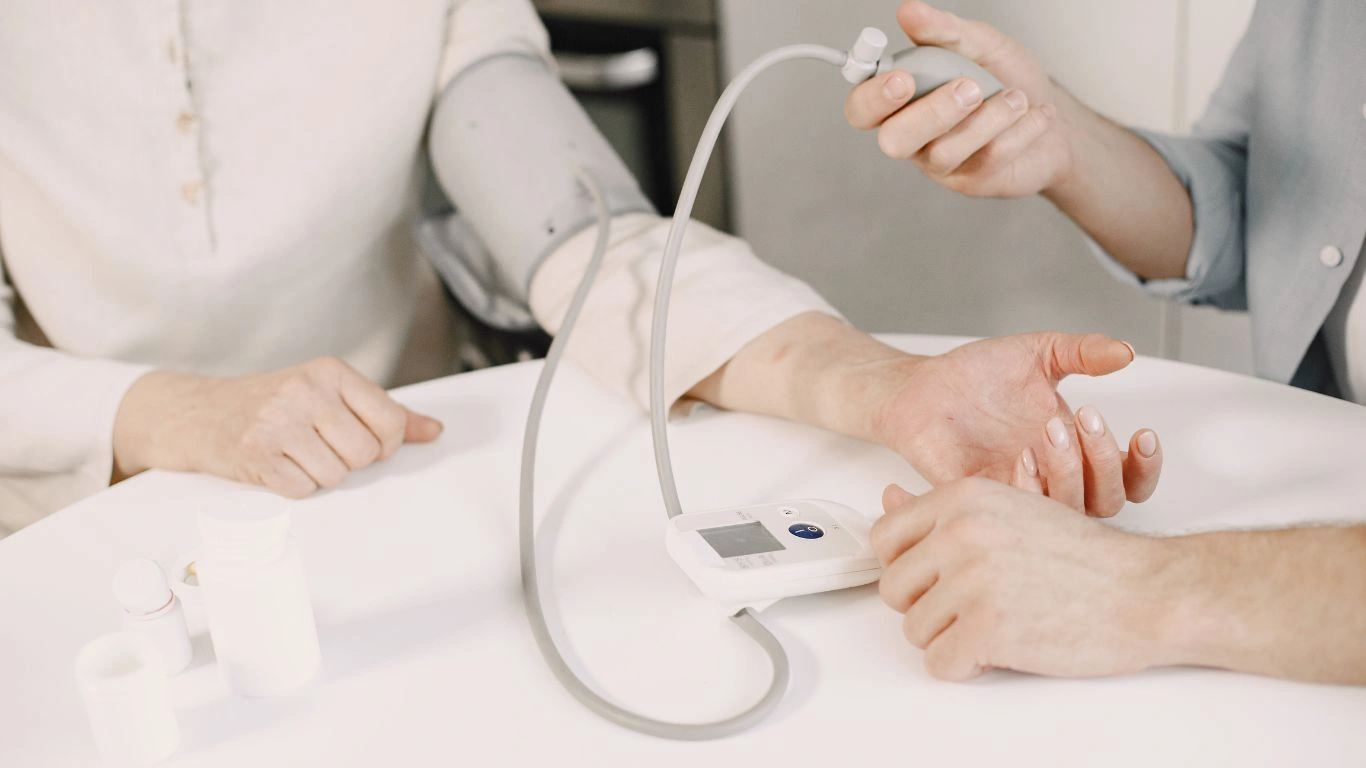
While I always recommend making dietary and lifestyle changes first, there are some supplements that have been shown to support healthy blood pressure levels. Keep in mind that supplements should never replace medical treatment or lifestyle changes, but they can be a helpful addition to your hypertension management plan.
Some of the most researched supplements for hypertension include:
- CoQ10 – Coenzyme Q10 is an antioxidant that has been shown to help lower blood pressure. It helps improve blood vessel function and increases nitric oxide production, which relaxes the blood vessels.
- Omega-3 fatty acids – As mentioned earlier, omega-3s play a crucial role in managing hypertension. They help reduce inflammation and improve blood vessel health.
- Vitamin D – Low levels of vitamin D have been associated with higher blood pressure. Consider getting your levels checked and supplementing if necessary.
- Beetroot juice – Beetroot is rich in nitrates, which have been shown to help lower blood pressure by improving blood vessel dilation and blood flow.
Always consult your doctor before adding any new supplements to your routine. They can interact with medications, and it’s essential to ensure they’re safe and appropriate for your unique health needs.
References
For more information on natural remedies for hypertension and lifestyle changes, you can visit Health Usias. It’s important to remember that while natural remedies can significantly help with blood pressure management, they should always be used in conjunction with professional medical advice and treatment.
Disclaimer
The information provided in this article is for educational purposes only and is not intended to substitute for professional medical advice. Always consult your healthcare provider before making any changes to your treatment plan or diet. Hypertension is a serious condition that requires proper medical management, and the natural remedies discussed here should be considered as complementary, not as a replacement for prescribed treatments.

Dr. Gwenna Aazee is a board-certified Internal Medicine Physician with a special focus on hypertension management, chronic disease prevention, and patient education. With years of experience in both clinical practice and medical writing, she’s passionate about turning evidence-based medicine into accessible, actionable advice. Through her work at Healthusias.com, Dr. Aazee empowers readers to take charge of their health with confidence and clarity. Off the clock, she enjoys deep dives into nutrition research, long walks with her rescue pup, and simplifying medical jargon one article at a time.

